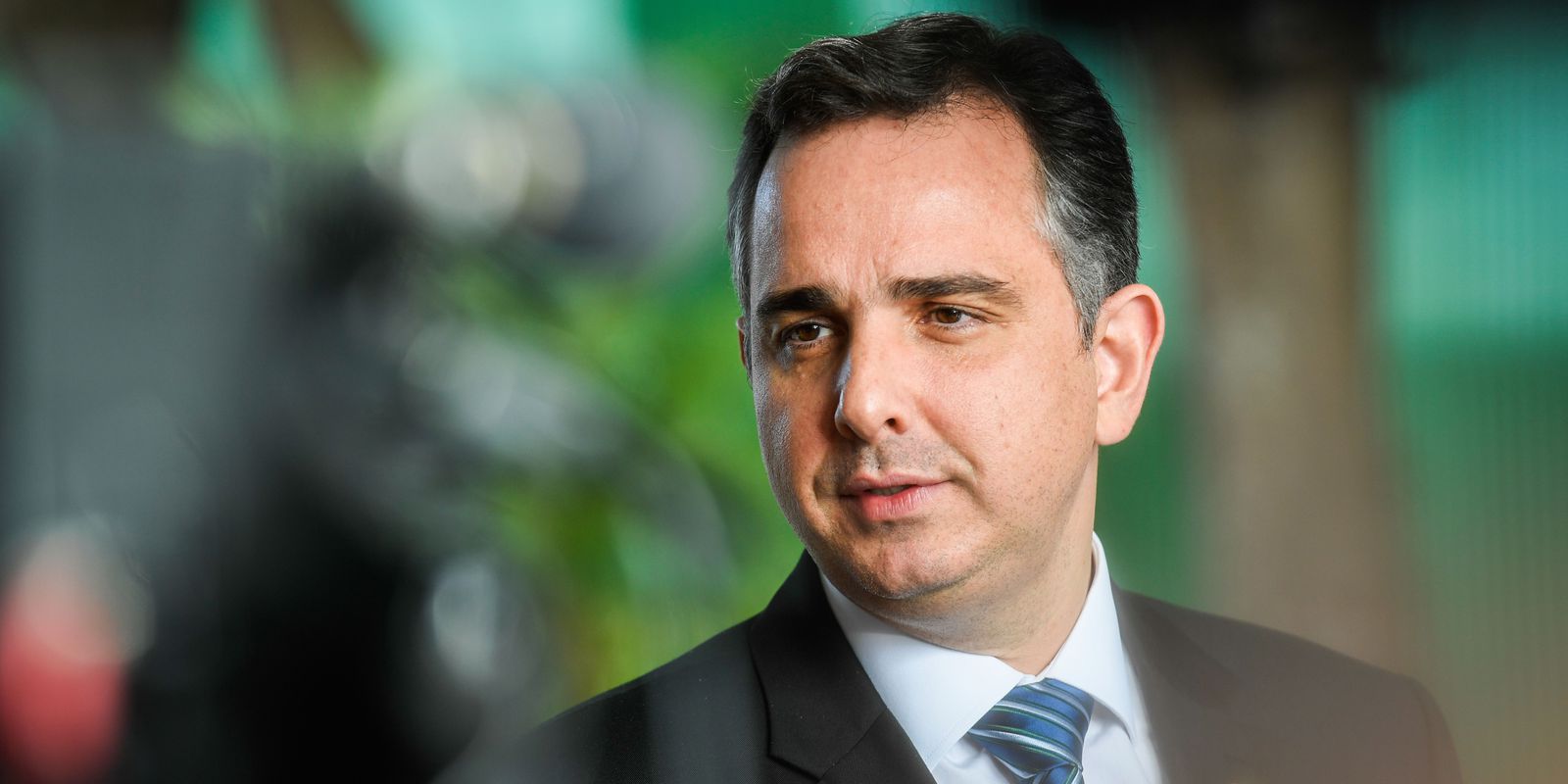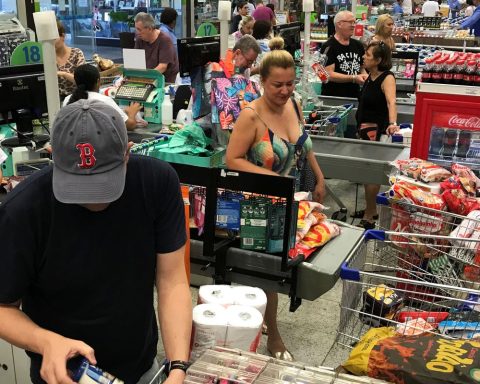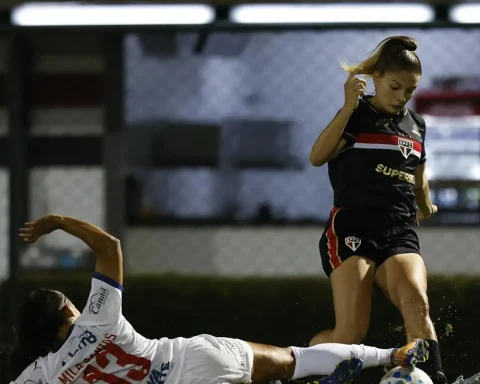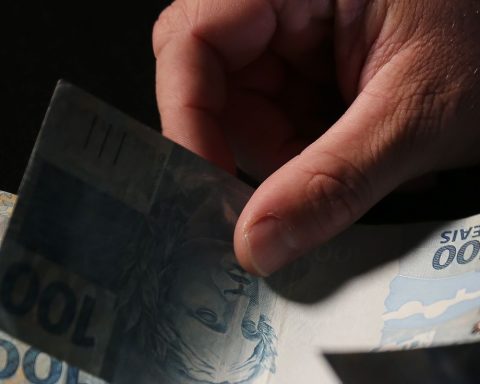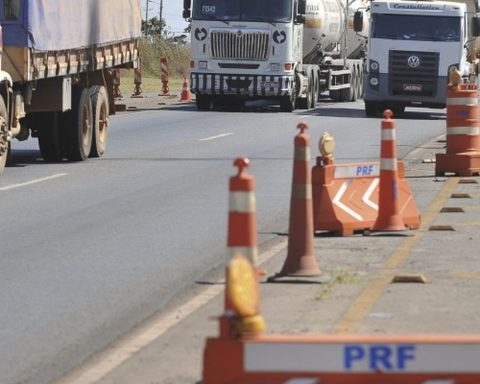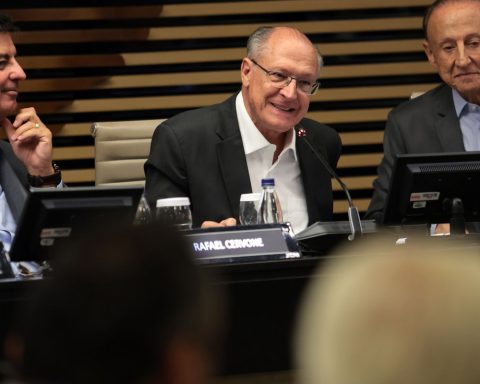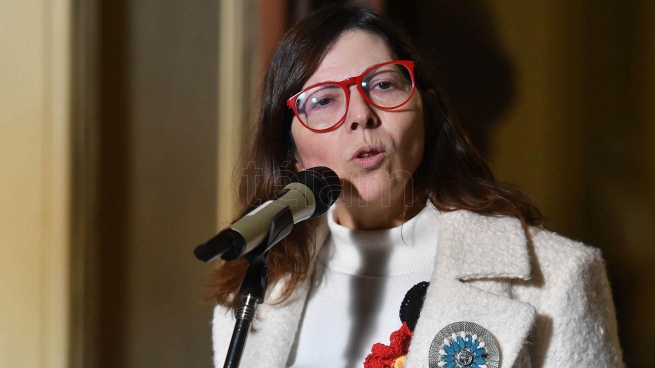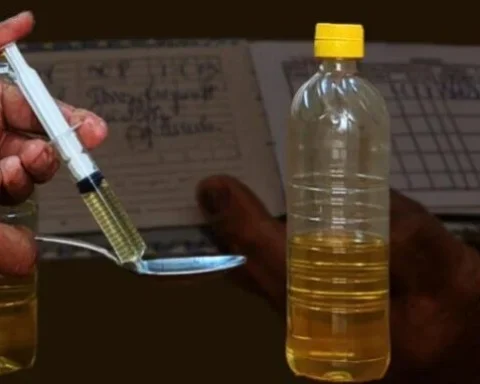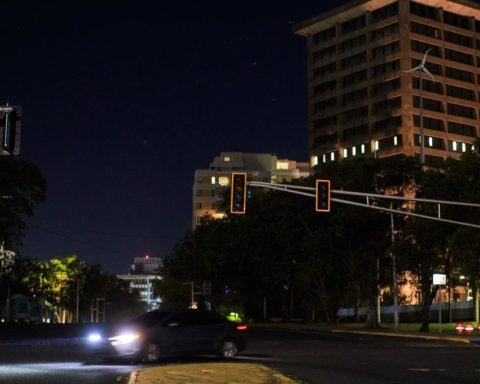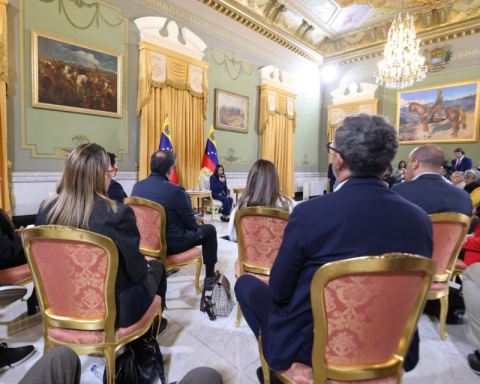The president of the Senate, Rodrigo Pacheco (PSD-MG), stated in this to haveon Tuesday (5) that he will read the request for the installation of new parliamentary inquiry commissions (CPIs) in plenary. Through social networks, he said that he “recognises the importance of CPIs to investigate illicit acts in the MEC [Ministério da Educação]illegal deforestation in the Amazon, organized crime and drug trafficking”.
The start of work is scheduled to take place from from November, when the election period ends. According to Pacheco, the regimental procedures are yet to be defined. “The vast majority of leaders believe that the installation of all of them should take place after the electoral period, allowing the participation of all senators and avoiding contamination of investigations by the electoral process”.
Last week, Pacheco said there was no problem with the simultaneous operation of several CPIs, although he believes that the electoral period may make it difficult for the commissions to operate.
Ministry of Education
With 31 signatures, four more than the minimum of 27 required, opposition senators protocolized the request for the creation of a CPI to investigate in the Senate an alleged influence peddling scheme in the Ministry of Education.
Pressure to install a CPI has increased in recent days due to suspicions of interference by President Jair Bolsonaro in investigations against former minister Milton Ribeiro, who was arrested during the Federal Police’s Operation Acesso Pago.
Parliamentarians from the government base try to remove at least five signatures from the request already filed. Until the installation request is read in the plenary, senators can include or withdraw support for CPIs. On another front, they pressure the Senate president to open another CPI, already filed by Senator Carlos Portinho (PL-RJ), to investigate unfinished works in day care centers, schools and universities, from 2006 to 2018.
Organized crime
Filed in April by Senator Eduardo Girão (Podes-CE), the CPI on Organized Crime/Drug Trafficking was proposed to investigate and investigate, among other things, the relationship between the increase in homicides of young people and adolescents in Brazil between 2016 and 2020 and the criminal activity.
At the time, Girão said that, in 2016, a dispute between criminal factions generated a record number of violent deaths in the states of Acre, Amazonas, Pará, Ceará, Pernambuco and Rio Grande do Norte.
